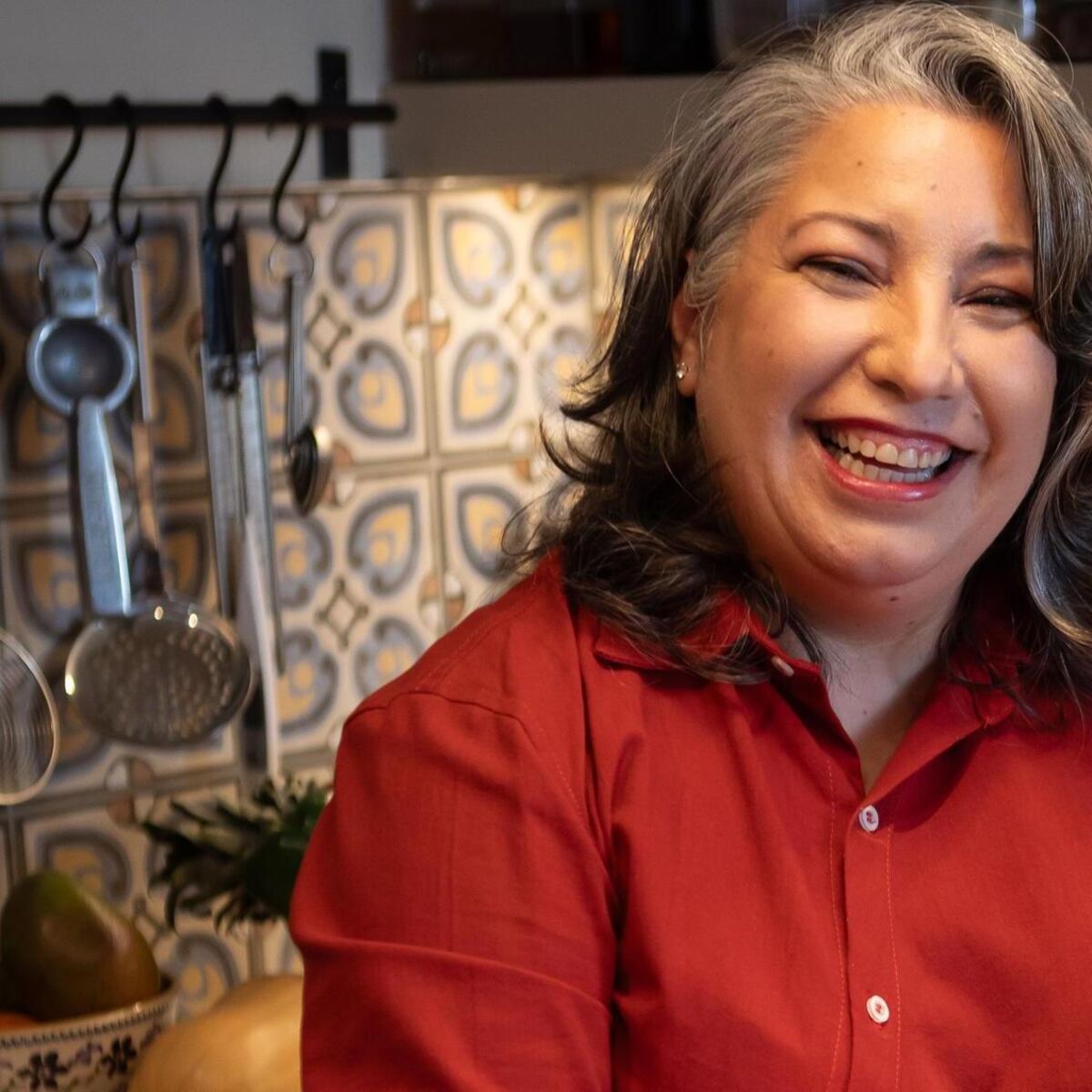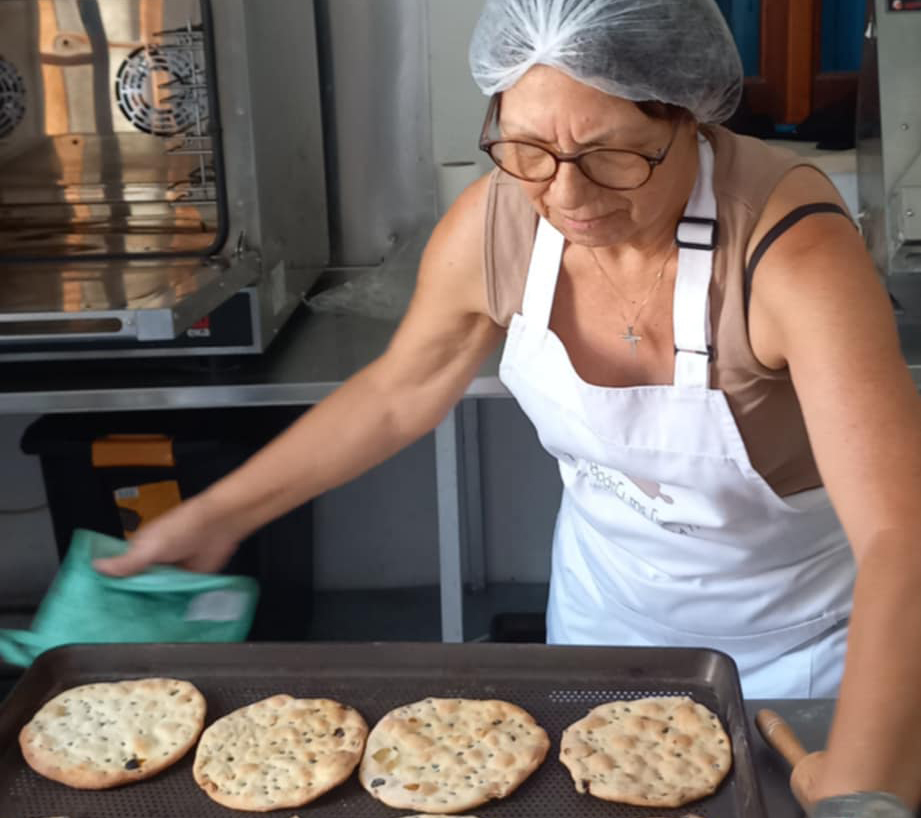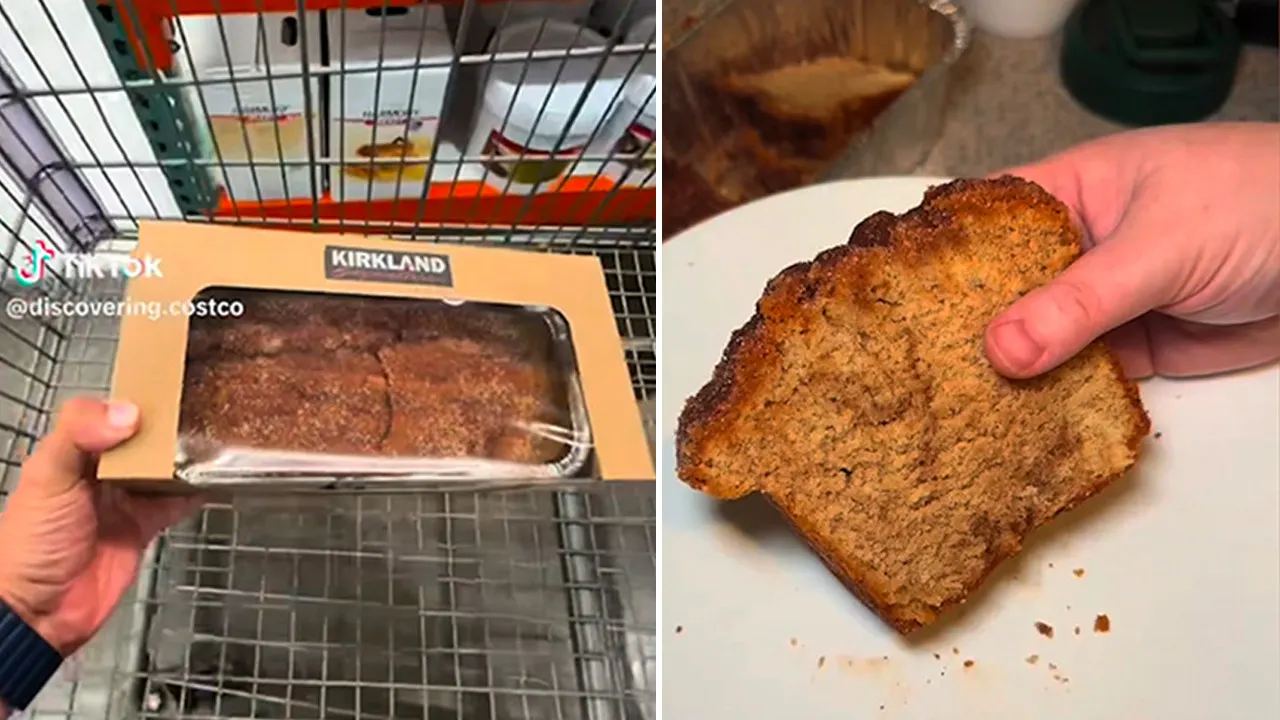By Caroline Hennessy,Irishexaminer.com
Copyright irishexaminer

While avocados are native to Mexico and have been consumed there for thousands of years — it still accounts for more than one-third of global avocado production — in recent years, alarms have been sounding about the environmental impact of this smooth, green, nutrient-dense fruit.
“For me, it started with the rise in prices in Mexico around 2014. I could get an avocado on toast [in Ireland] with a sprinkle of sesame seeds and chilli flakes, a whole avocado on one piece of toast, for something like €12-14, and yet my family couldn’t afford avocados [in Mexico]. I stopped ordering them in restaurants.”
In her 2022 book, Tacos, she explained how the overconsumption and intensive production of avocados have “huge environmental and social impacts” on the avocado-growing regions of Mexico, pushing prices beyond the reach of locals and using intensive farming methods that are “poisoning the very soil they grow in.”
The mid-2010s were a time when avocado toast moved centre stage on many brunch menus. Its contemporary iteration is something often credited to Australian chef Bill Granger.
Mashed avocado on toast was a fixture on the menu of his first café, bills, which opened in Sydney in 1993. The dish has maintained a presence in the other 18 restaurants that he went on to open across Australia, Japan, South Korea and Britain before his death in 2023.
Many obituaries noted Granger’s influence on the avocado toast boom, along with his promotion of an Aussie all-day cafe culture that has now spread throughout the world.
It’s easy to see why the dish is so popular. Take a delicious, creamy fruit, rich in healthy monounsaturated fats, and put it on crunchy toast in an easily customisable format that works for vegetarians and vegans as well as alongside traditional brunch staples such as eggs and bacon.
Avocado also has the advantage of being exceptionally photogenic. The lush green colour, appealing texture and bright toppings pop in morning light.
It has associations with a healthy lifestyle; a meal with a green, healthy glow is always going to look better on social media than simple scrambled eggs or a traditional full Irish.
A recipe Granger included in his 1999 cookbook Sydney Food uses a relatively modest quarter avocado per slice of sourdough toast. For Ramirez-Foran, with avocado always being part of her family’s diet in Mexico, portion size is key.
“Growing up, we would have an avocado on the table, like butter, to spread on the bread; a couple of slices would work for five people. We would eat it sparingly all the time. But using a whole avocado on a piece of toast — that is madness. You wouldn’t put a whole block of butter on a piece of toast.”
Nicknamed “green gold” due to its economic value as a lucrative export, avocados have become highly profitable for Mexico. In 2013, the value of the crop was worth $110bn; just 10 years later, in 2023, that value had increased to $2.83bn.
As Ramirez-Foran saw first hand, all those exports had an impact on the price of avocados in Mexico — but they also had other repercussions on the ground.
A World Economic Forum report in 2020 stated that intensive avocado production in Mexico had caused environmental damage, contributing to extensive deforestation, loss of biodiversity, soil degradation, and the exploitation of aquifers for avocado-related water extraction.
It’s not just Mexico that has issues with avocados. The World Economic Magazine points out that avocado production worldwide has created serious environmental issues.
A fruit that cannot be grown here in Ireland, we’re dependent on imports from countries such as Mexico, along with Peru, South Africa, Morocco and Spain.
Despite the food miles that avocado accrues, there has been a steady increase in the amount coming into the country over the past 10 years.
In 2013, we imported over 2,000kg of avocados annually. By 2023, that had increased to almost 9,000kg per year.
In 2016, Ramirez-Foran decided to ban avocados from Picado.
“When ingredients — like avocados and quinoa — become known as superfoods and become fashionable, the indigenous people who actually grow these crops are pushed aside. When people in Mexico, where avocados are grown, cannot afford to eat them any more, I felt like I had to make a point out of principle.”
She dropped them from her cookery classes and supper clubs.
“I don’t expect other people not to eat avocados, but by doing that [in Picado] I’m raising awareness of the issues around them and encouraging people to think more mindfully about what they’re consuming.
But what happens if we want some of that creamy green richness? Ramirez-Foran sighs.
“Yes, they’re delicious. They’re hard to substitute. Wahaca in London made a guacamole [they called it Wahacamole] without avocado using broad beans but, for me, that’s more of a hummus.”
In Tacos, taking an innovative idea from taco trucks in her Monterrey hometown, she uses “plentiful and cheap” courgettes rather than avocados to add creaminess to her taquera salsa verde.
Other restaurants take a different sustainable approach: for instance, Áran Artisan Bakery and Bistro in Kilkenny uses a mixture of peas and chickpeas for its no-vocado toast.
IF YOU’RE set on avocados, Ramirez-Foran suggests “eating them less and trying to find sustainably grown ones”.
To buy avocados farmed in a regenerative and organic way, CrowdFarming is an innovative European direct-selling platform that links farmers with customers. It sells boxes of avocados (2kg, from €26.40) shipped directly from Spanish farms.
It might not be as eye-catching as avocado, but Ramirez-Foran has another option for a healthy, inexpensive topping for your sourdough.
“You don’t have to have something green on toast,” she points out. “What about beans? They’re great for the soil, really good for you, and easily grown almost everywhere in the world.”
She suggests molletes — a Mexican snack of toast topped with refried beans and melted cheese — as a quick and easy alternative.
“It’s a way to eat something healthy and abundant that’s less environmentally damaging.”
Find information on pop-up feasts, cooking classes, and ingredients at picadomexican.com.



